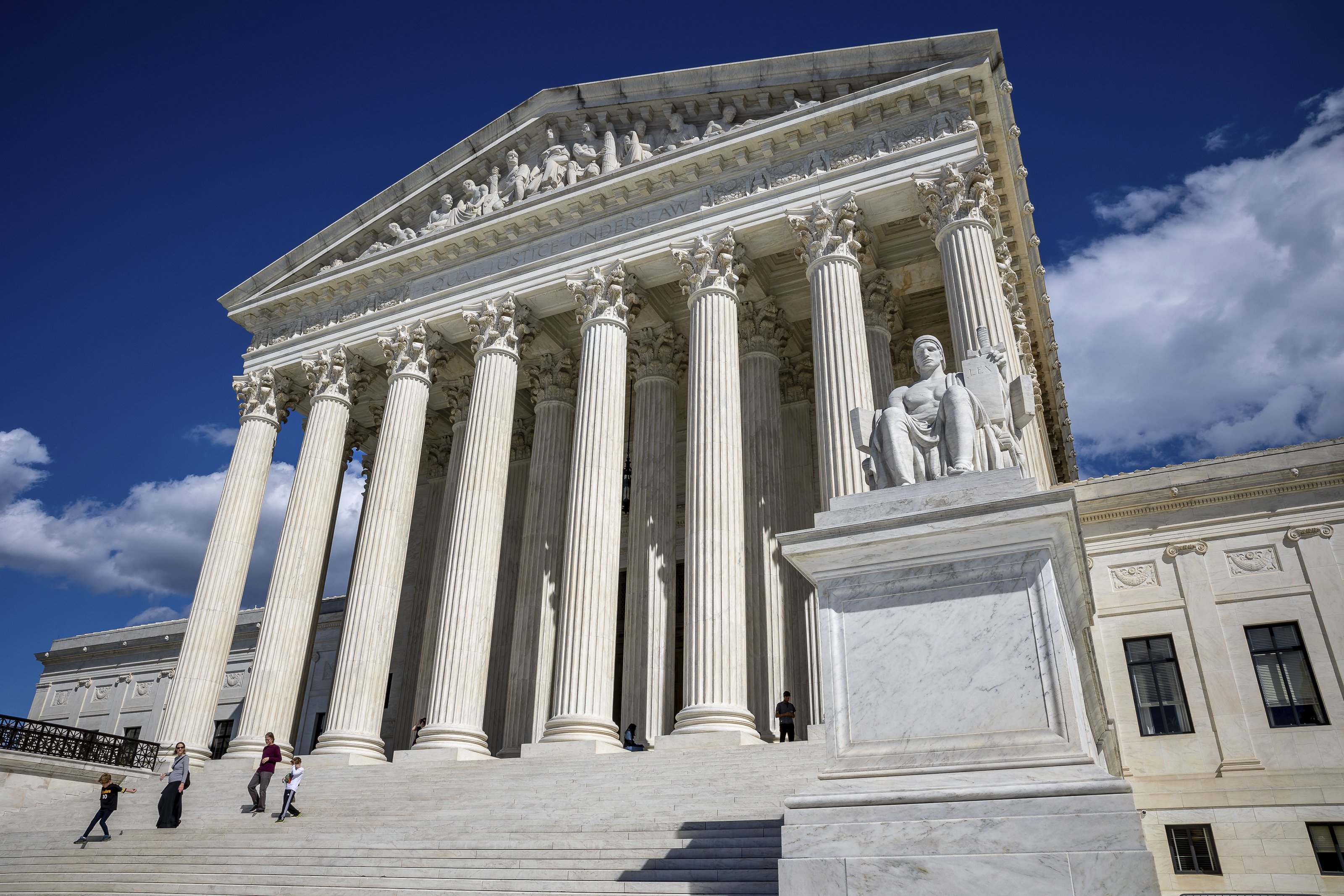During oral arguments, the court’s conservative majority questioned a legal doctrine that gives agencies latitude to craft regulations.
Conservative justices on the Supreme Court on Wednesday pressed the Biden administration on whether ambiguous laws passed by Congress should be interpreted by judges, rather than by federal bureaucrats.
The high court’s eventual ruling could hand courts — including the Supreme Court itself — more power to strike down regulations on health care, the environment, immigration and virtually all other policy areas that are administered by federal agencies. That would strip power from the executive branch and make it harder for Joe Biden and future presidents to defend their regulatory agendas against legal challenges.
“It’s the role of the judiciary historically under the Constitution to police the line between the legislature and the executive to make sure that the executive is not operating as a king,” said Justice Brett Kavanaugh, a critic of the so-called Chevron doctrine that is under fire.



This isn’t about the size of government, it’s about who rules- and whether or not they answer to the public. The buzzword-talk you hear about ‘burdensome regulations’ revolves around pretending that if you get rid of regulatory agencies that there will be no regulation in the spheres they regulate- but that’s not how that works. Taking away the authority of a regulatory agency really means handing regulatory authority back into private hands, the way it was before regulators answering to the public were authorized.
So, what happens when you take away the SEC’s power to regulate banks, or the EPA’s power to regulate environmental matters? Power to regulate banking reverts back to trade associations made up of… banks, and the people who will be in charge of protecting the environment will be the people profiting by polluting it. https://prospect.org/economy/rise-of-neo-feudalism/